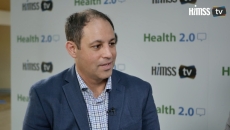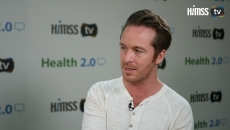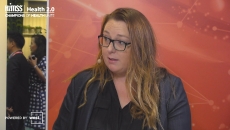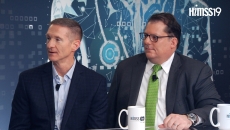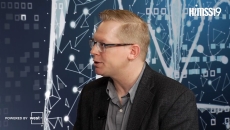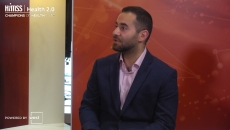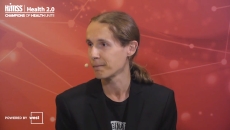Risk Management
Deep Dive: In the first of this four-part series, healthcare cybersecurity veterans discuss the major risks facing healthcare organizations, and why protecting sensitive data and systems is vital to providing care.
Medisafe CEO Omri Shor describes how integrating his company's medication management platform with Apple Health Records has made it easier to keep tabs on prescriptions and boost medication adherence.
Textpert founder and CEO Ray Christian explains how AiME (Artificial Intelligence Mental Evaluation), by asking evocative questions and analyzing facial expressions and voice inflection, can assess the risk of depression, anxiety and addiction.
Security breaches can happen outside of the four walls of a hospital.
Australia's My Health Record provides more than 90% of the country's citizens with a national eHealth record that can help them improve their digital health journey, says Codesain CEO Rachel De Sain.
Dan Bowden, CISO, and Michael Reagin, CIO of Sentara Healthcare, say that as more providers move to the cloud, they are seeing big advances in cloud security.
We need to look at other ways to treat patients' pain without exposing them to high-risk medications, says Dr. James Hellewell, medical director of Care Transformation Information Systems at Intermountain.
The healthcare industry must identify and address cybersecurity issues it will be facing in the future, but a one-size-fits-all approach is not the solution, says Julio Vivero, business partner at GMV.
Dr. Abdullah Albeyatti, CEO and co-founder at Medicalchain, says blockchain technology can be a game-changer, but it's still in its infancy, so expectations should be managed accordingly.
Petteri Kivimäki, CTO for Nordic Institute for Interoperability Solutions, details how Finland and Estonia use X-Road to enable the secure exchange of data, with opportunities to expand to the rest of Europe.

